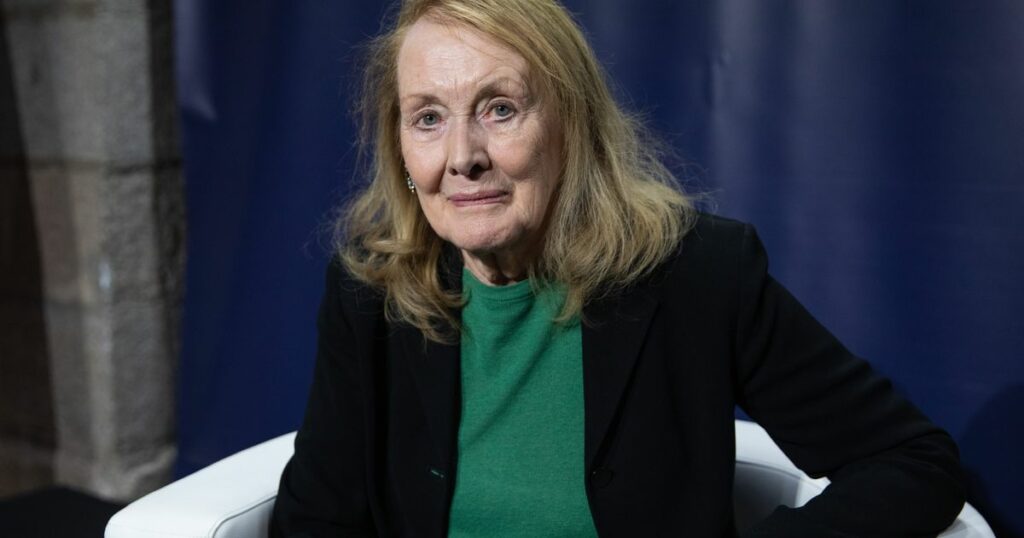Isabel Infantes via Getty Images
LITERATURE – Annie Ernaux is back. six years later girl memorythe successful French writer, whose bestseller The event was recently adapted to the cinema by Audrey Diwan, publishes, this Thursday, May 5, her new novel The young man published by Gallimard.
Her story, some 37 pages long, is that of the romantic relationship she had, several decades ago, with a man almost thirty years younger than her. This is not the first time that we have heard of the said young man. The latter has already appeared briefly, again anonymized, in Yearsautobiography of the author published in 2008.
Today, we learn a little more about him. We still don’t know his first name. We only know that he was a student when they met. We also know that he loved the Doors and lived in Rouen, a city in Normandy where Annie Ernaux studied in the 1960s.
Status reversal
The writings of Annie Ernaux are a separate literary genre. Either it’s about Occupationof easy passionof The place or of Look at the lights my lovethey have the strength to talk, through personal stories told in the first person, about more universal mechanisms at work in society, particularly in terms of sexism or classism.
Everything led one to believe, perhaps somewhat too expectedly, that The young man would be a way for the novelist to approach the injunctions and the gaze of society that weigh on a heterosexual couple, when the woman is older than the man. It is obviously a question, when she writes that “in front of the couple that we formed visibly, the glances were impudent, bordering on amazement, as in front of an assembly against nature”. However, this is not the main topic.
Even if it’s related, the basic subject is what it awakened and questioned in her, and in particular her social status. “Our relationship could be considered from the angle of profit”, blows Annie Ernaux in her novel. Annie Ernaux, whose two parents ran a coffee shop in a small town, has documented her feeling of belonging to a popular social class. The manners of this student reminded him of his origins. Above all, facing him, she felt on the other side, on the side of the bourgeoisie.
A mirror of youth
« Yes, because there is this difference in age and social status, this ‘poverty’ of the young man who is attractive, she explains in an interview with West France. I want to be the one who can give a lot of things. Everyone knows that to give is to take. The economic side counts a lot and I even wanted to accentuate it by listing everything I have done to, not tie it up, but restore order.
The youth of this man does not bring her back to her age. No, he transports her to her own youthful experiences, like a mirror. “He was the memory of my first world”, specifies the writer in her book. Or that with him, “I went through all the ages of life, of my life”. His memory seemed to him “infinite”. Through this love story, Annie Ernaux dissects her own relationship to time.
It was important for her to write about these memories, to put the words flat, otherwise she would have had the impression of never having lived them. This book does not only draw a circle on her past history with a man. He hijacks her own past history, his own.
See also on The HuffPost: Discover below the trailer of “The Event” by Audrey Diwan


